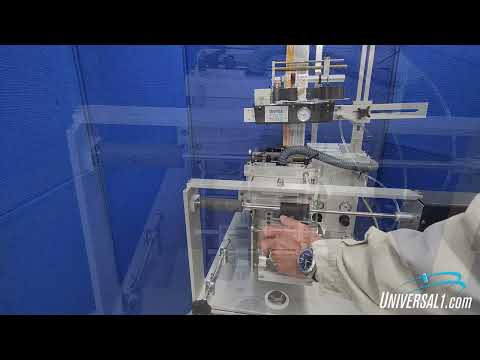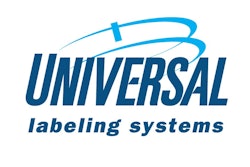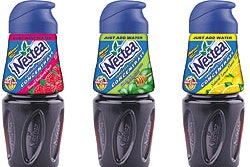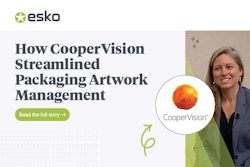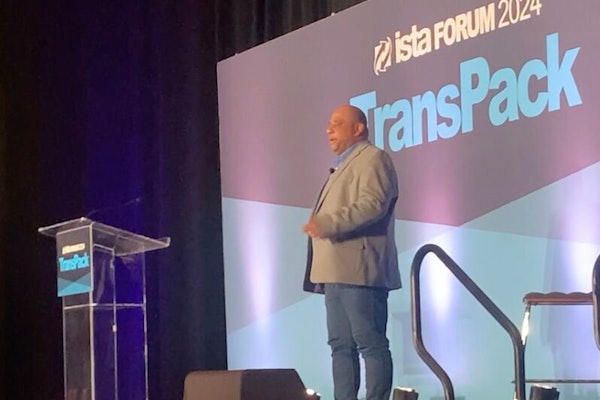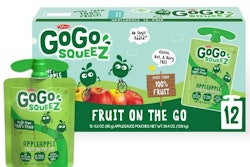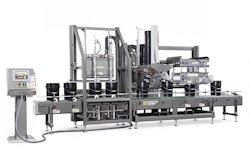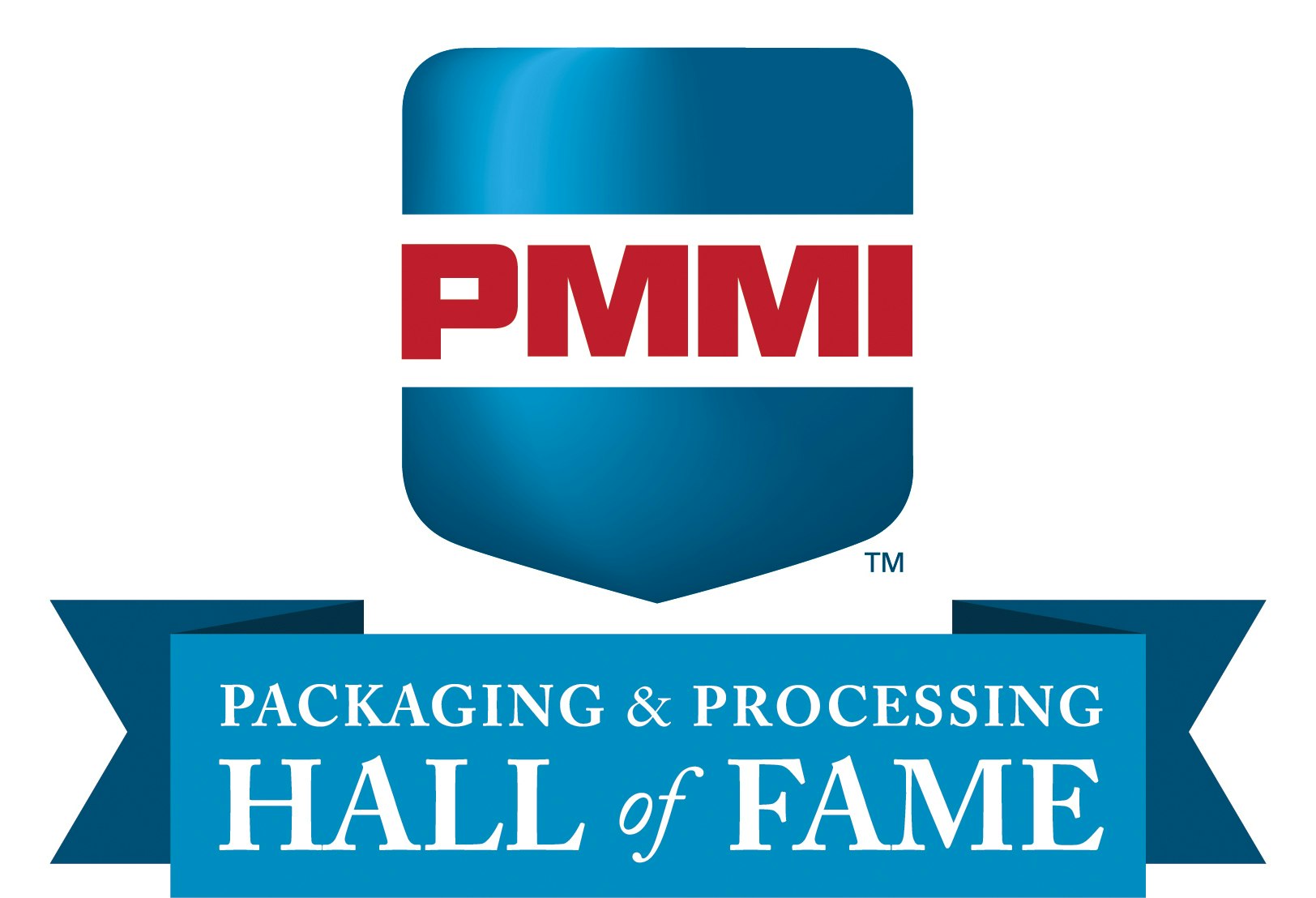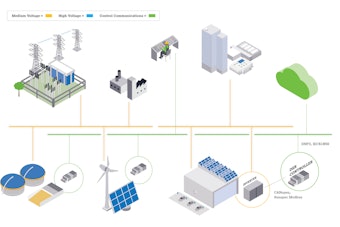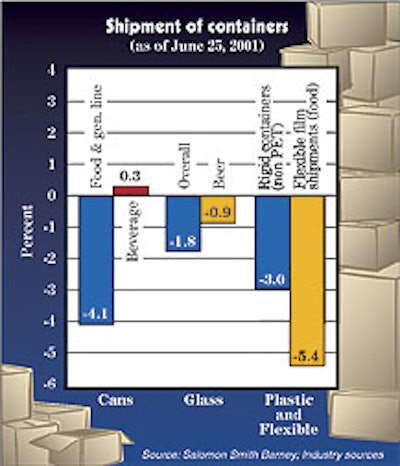
One of the major trends I identified was the continuing movement toward consolidation. That’s consolidation among manufacturers that package products, consolidation by those manufacturers in selection of vendors, not to mention consolidation of those vendors and by the vendors in selection of their suppliers. That’s a mouthful to say, much less envision. And I indicated that much of this corporate marrying is not necessarily good news for converters, many of whom tend to be smaller companies that operate regionally. What was good news for converters is that I believe that consolidation usually leads to outsourcing some production, which leads to contract packaging. And with some exceptions, contract packaging companies tend to be smaller companies that are more amenable to working with other smaller companies, assuming that vendors aren’t dictated by the customer. Contract packaging companies are also, I believe, playing an increasingly large role in packaging equipment purchases, though some of these companies prefer leasing, buying used equipment, and even rental arrangements unless they have long-term contracts in hand. The annual survey by the Packaging Machinery Manufacturers Institute (see p. 84 for report) acknowledges the importance of contract packagers (CPs). But when you look even closer at what CPs do—or at least how we at Packaging World think of them—there are distinct differences between contract packagers, co-packers, and repackagers. A contract packager is a service company that does primary packaging for another company’s products. Some also make or blend the products that are packaged, but the primary function is packaging. Some CPs also build display packs. A co-packer is a manufacturing company that occasionally will package products for another company that are identical to or similar to those it makes and packages for itself. An example of this is the dairy that sells its brands of milk to Kroger or Safeway supermarkets, while it also packs milk under the Kroger or Safeway brand names. The repackager can usually fall into two distinct categories. In some cases, these companies either buy products in bulk and repackage them into smaller-count packaging that the original manufacturer doesn’t want to handle. A good example of that was a recent story on RxPak by Pat Reynolds (see March, ’01, p. 24). The other distinct type of repackager is the service company that will usually provide totally new secondary packaging. Some of these companies remove primary packaging from shipping cases; sometimes add promotional labels, hangers, and other merchandising devices; and repack the containers, either singly or in groups into either the same or different boxes. This is the type of company that will convert a pallet load of cases of a product into a store-floor-ready end-aisle display, perhaps bundling two of the primary packs together along the way. And it’s important to point out that some of these companies operate as sheltered workshops, employing disabled or disadvantaged people. Regardless of the type of packaging company, these CPs do tend to be smaller firms than the companies that employ them, much as the converters of packaging materials seem to be. A couple of years ago, a survey of CPs reported that about 70% said they operated a single plant. However, on a number of occasions in the last year, manufacturers have asked us to help their companies develop a “network” of CPs for major parts of the country, or even for all of it. That’s why one of my suggestions to converters at CMM was to consider forming alliances or “networks” with other converters to be able to effectively provide similar or identical materials to CPs in various parts of the country. The whole concept of manufacturers developing networks or alliances of either CPs or vendors may have begun when companies developed overseas markets. Today, it can be an efficient way to drastically cut the time to market for a new product. Conventional wisdom says that CPs suffer in a down economy, as companies try to avoid the costs of outsourcing. For this year, I disagree. I believe there’s too much marketplace pressure for new products and packages, and CPs will continue to enjoy brisk business, particularly those that can provide unique, in-demand skills.
